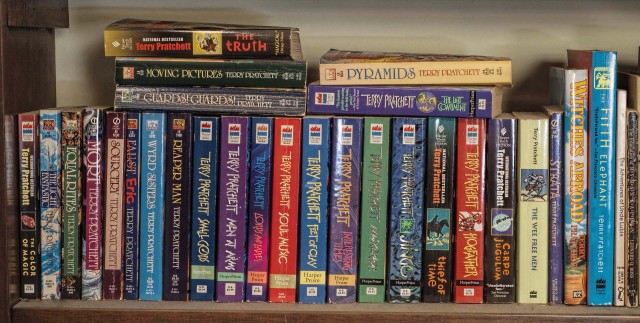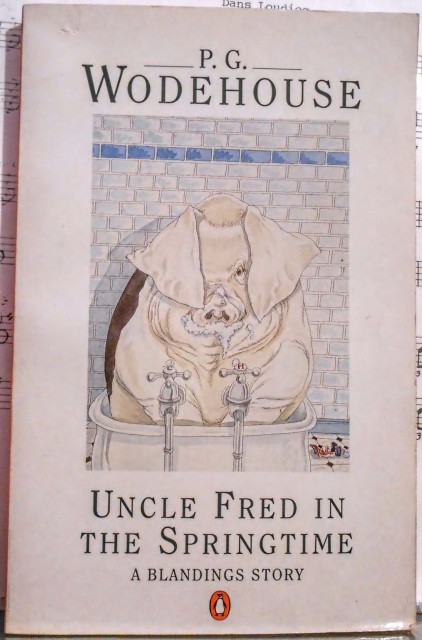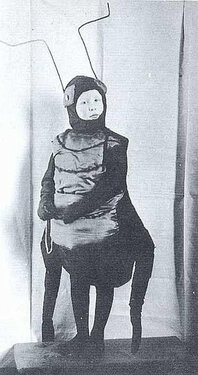Harry James Potter-Evans-Verres:
“I am a conscientious objector to child conscription, on grounds that I should not have to suffer for a disintegrating school system’s failure to provide teachers or study materials of even minimally adequate quality.”
And:
Then again, Harry was standing in a bank that literally stored your money in vaults full of gold coins guarded by dragons, where you had to go in and take coins out of your vault whenever you wanted to spend money. The finer points of arbitraging away market inefficiencies might well be lost on them. He’d been tempted to make snide remarks about the crudity of their financial system…
But the sad thing is, their way is probably better.
On the other hand, one competent hedge fundie could probably own the whole wizarding world within a week. Harry filed away this notion in case he ever ran out of money, or had a week free.
Meanwhile, the giant heaps of gold coins within the Potter vault ought to suit his near-term requirements.
Harry stumped forward, and began picking up gold coins with one hand and dumping them into the other.
When he had reached twenty, Professor McGonagall coughed. “I think that will be more than enough to pay for your school supplies, Mr. Potter.”
“Hm?” Harry said, his mind elsewhere. “Hold on, I’m doing a Fermi calculation.”
“A what? ” said Professor McGonagall, sounding somewhat alarmed.
“It’s a mathematical thing. Named after Enrico Fermi. A way of getting rough numbers quickly in your head…”
Twenty gold Galleons weighed a tenth of a kilogram, maybe? And gold was, what, ten thousand British pounds a kilogram? So a Galleon would be worth about fifty pounds… The mounds of gold coins looked to be about sixty coins high and twenty coins wide in either dimension of the base, and a mound was pyramidal, so it would be around one-third of the cube. Eight thousand Galleons per mound, roughly, and there were around five mounds of that size, so forty thousand Galleons or 2 million pounds sterling.
Not bad. Harry smiled with a certain grim satisfaction. It was too bad that he was right in the middle of discovering the amazing new world of magic, and couldn’t take time out to explore the amazing new world of being rich, which a quick Fermi estimate said was roughly a billion times less interesting.
Still, that’s the last time I ever mow a lawn for one lousy pound.
There may be a Harry Potter fanfic worth reading, Harry Potter and the Methods of Rationality.
(Via J. Greely.)








